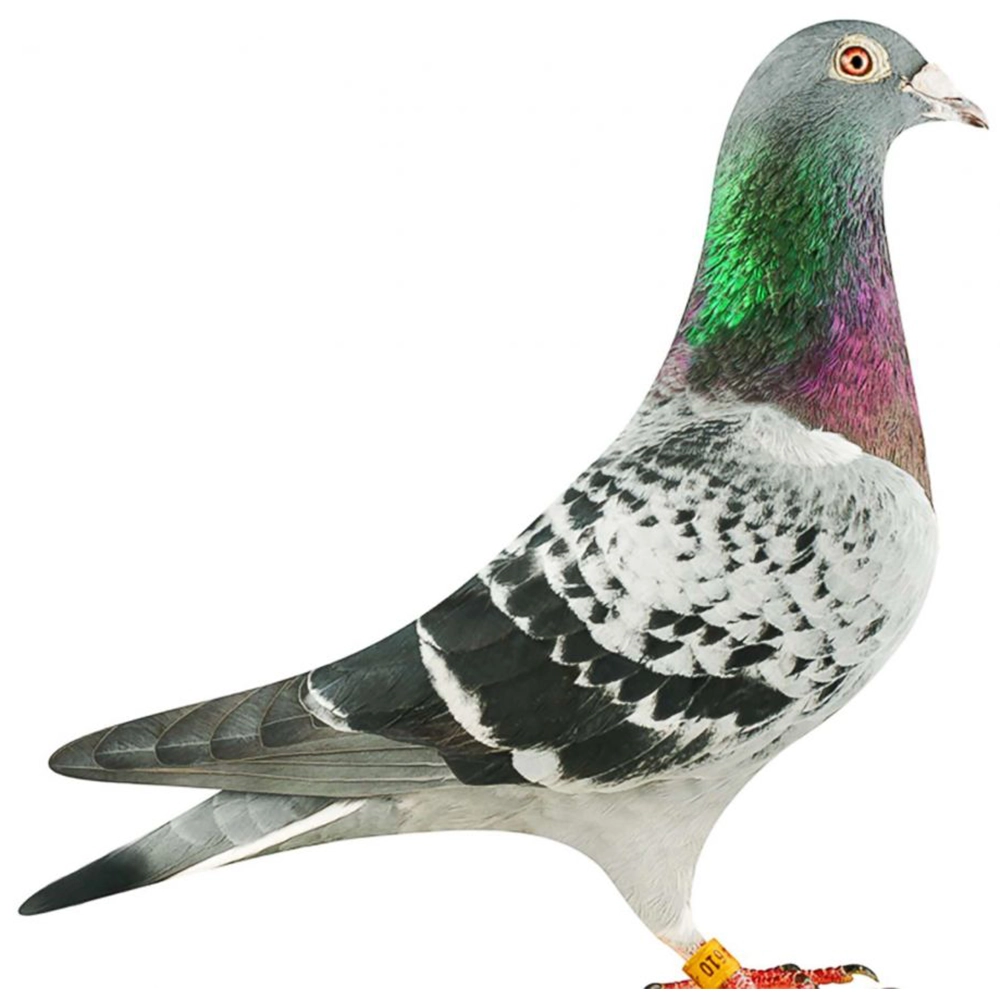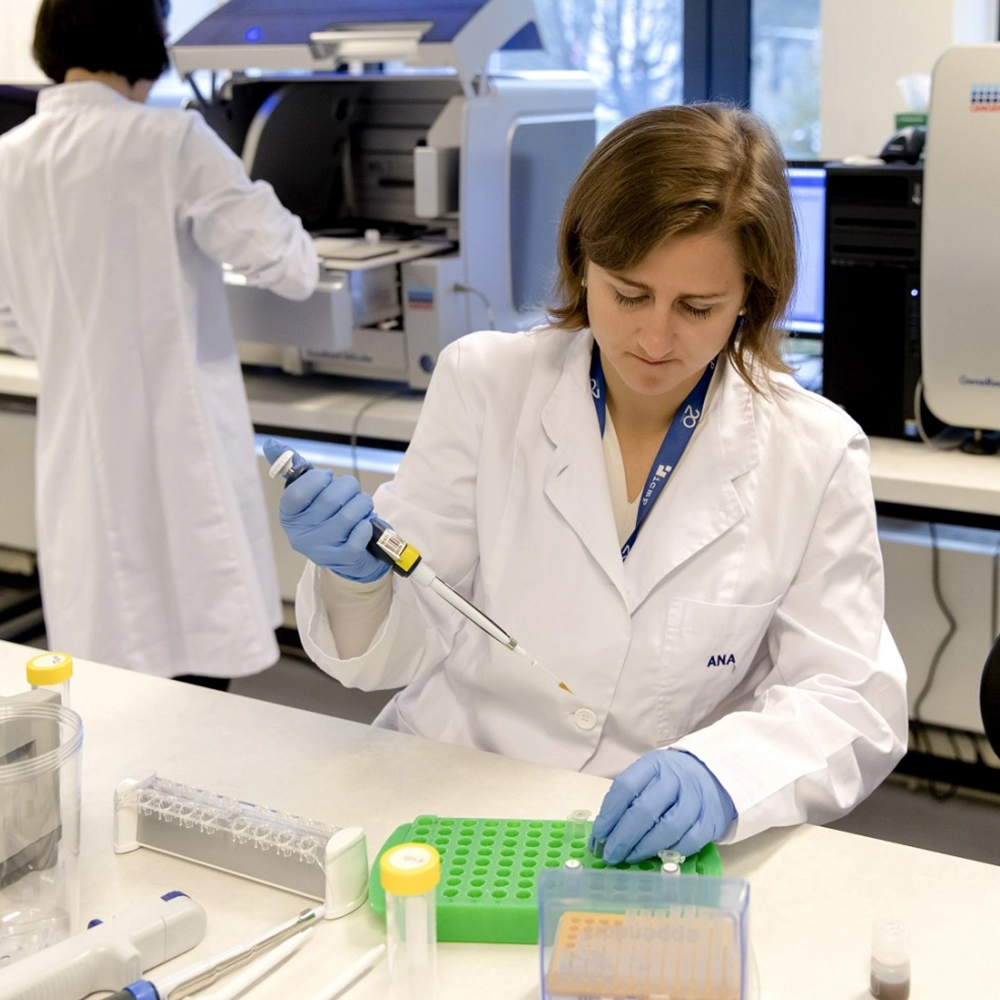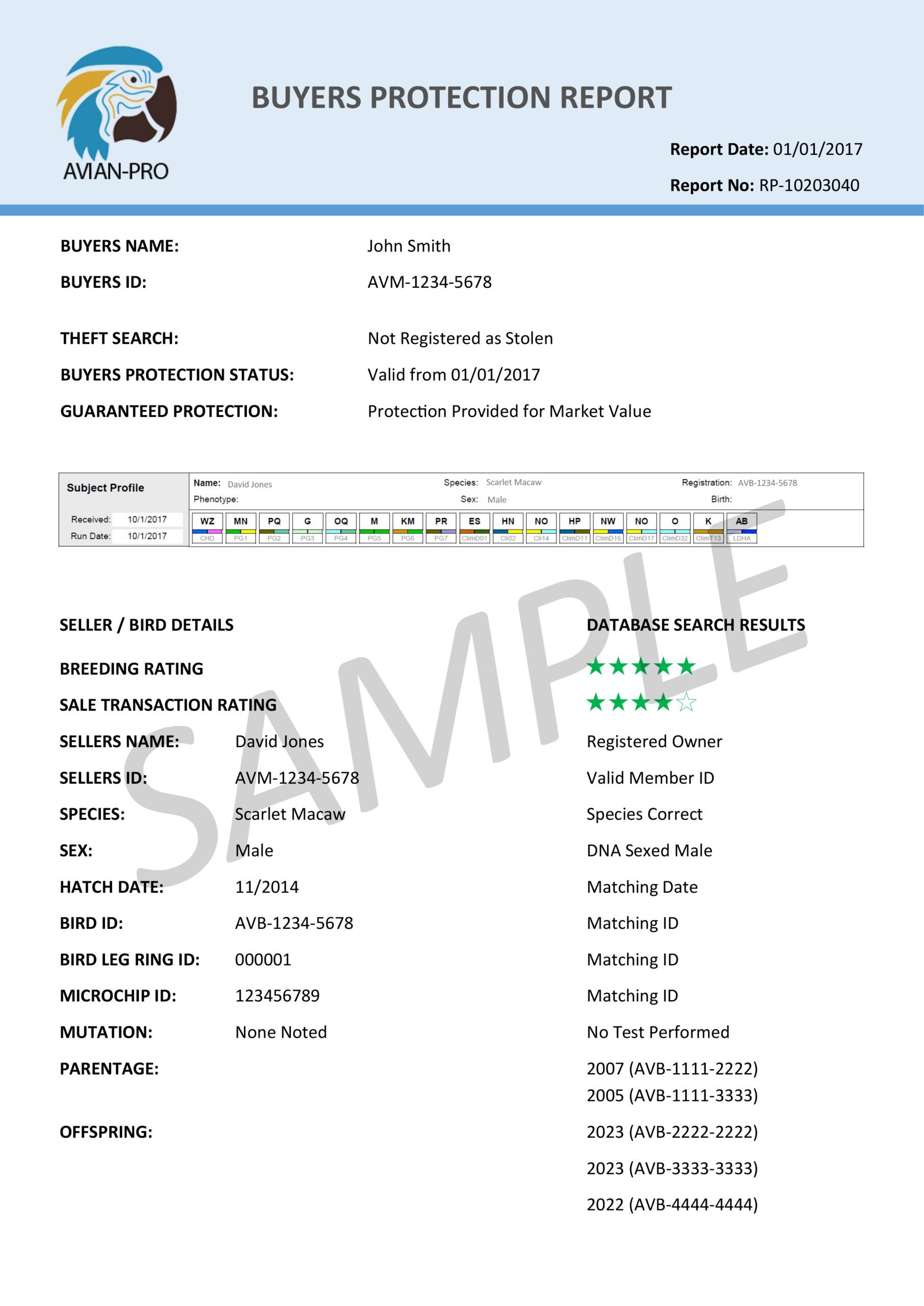
Pigeon Performance DNA Testing
In 2015, research featured in The Journal Animal Genetics identified a connection between the Dopamine Receptor D4 (DRD4) gene and racing performance in pigeons.
This study analyzed data from 1,380 race records, covering eight short-distance races (under 400 km) and six long-distance races (over 500 km). The researchers discovered multiple variations in the DRD4 gene, two of which were particularly relevant to racing performance. While these genetic differences influenced results across all race distances, statistically significant effects were observed only in speed and middle-distance events.
Specifically, the study examined SNP g.129954C>T (DRD4a) and SNP g.129456C>T (DRD4b). The CC/CC variant corresponded with the lowest average racing performance, whereas the CT/CC and CC/CT variants showed significantly higher results. The CT/CT genotype exhibited the highest mean racing performance, with a statistically significant impact on races shorter than 400 km. Although the average performance also improved in races exceeding 500 km, the statistical significance was not established.
Currently, AvianPro is investigating the impact of TT/CT, TT/CC, and TT/TT genotypes on both short- and long-distance racing ability. Additionally, researchers are exploring the interplay between DRD4 and LDHA variations and their potential influence on speed and endurance.
Furthermore, recent findings published by the Japan Poultry Science Association indicate that the DRD2 receptor may also play a role in pigeon breeding success. Research on SNP C4532T, located in exon 6 of the DRD2 gene, suggests a strong link to reproductive traits. Pigeons carrying the AB genotype demonstrated significantly higher fertility and hatch rates over 500 days compared to those with the AA genotype.
TEST RESULTS (DRD4a/b)
TT (Homozygous): The pigeon possesses two copies of the T allele and is homozygous for DRD4-a (TT). Statistically, this genotype is associated with superior racing performance. The pigeon will exclusively pass on the T allele, not the C allele.
CT (Heterozygous): The pigeon carries both the T and C alleles. This genotype is linked to enhanced racing performance, particularly in short races. The pigeon has a 50% chance of passing either the T or C allele to its offspring.
CC (Homozygous): The pigeon carries two copies of the C allele, making it homozygous for C. It will only pass on the C allele, not the T allele.

Genetics play a role in determining racing pigeon performance, with certain genes and traits potentially linked to speed and distance capabilities, but it’s not a simple one-to-one relationship, and other factors like training and environment also matter.


